Neurotransmitters are something like our body's couriers. They are biochemical substances that have the task of transmitting signals from one nerve cell (neuron) to the next. Without neurotransmitters, controlling our body would be completely impossible.
What are neurotransmitters?
The term Neurotransmitters describes the benefits of these messenger substances very well, because they are responsible for interneuronal transmission - the transmission between the nerve cells.
The term refers to the most diverse classes of substances, which are only combined under it according to their specific use. In the vernacular, neurotransmitters are often mistakenly equated with hormones.
However, hormones are substances that are released into the bloodstream, while neurotransmitters are limited to the effective space between the synapses.
Medical & health functions, tasks & meanings
Neurotransmitters are released when a nerve cell is activated by the synapses at the end of the neuron into the so-called synaptic gap.
The synaptic gap is where two neurons "dock" to each other. When a neuron receives a signal, it runs the entire length of the neuron all the way to the end. In order to pass to the next neuron, a biochemical reaction takes place in the presynaptic cleft: Neurotransmitters are released from the synapse into the synaptic cleft.
Now these neurotransmitters can dock on receptors in the synapse of the next neuron and reshape the channels so that the ion channels briefly open. Calcium ions can now flow in, which changes the electrical potential of the neuron. This is how the signal is passed on.
The binding of the neurotransmitters to the synapse is, however, only of limited duration - due to the polarization, the neurotransmitters are released from the docking station of the synapse and are taken up again by the presynaptic neuron in the synaptic gap.
They remain there, packed in so-called transport vesicles, until their next use. One has to bear in mind that this process takes place quickly, in minimal fractions of a second, given the conduction speed of signals in our nervous system. How quickly you perceive pain, how quickly you recognize things and how quickly you can react, depends largely on the speed at which neurotransmitters are released into the synaptic gap.
Illnesses, ailments & disorders
Neurotransmitters occur within the nerve cells, at the synapses, where they are packed in transport vesicles and wait for their use. Such nerve cells are located both in the central nervous system (CNS) and in the peripheral nervous system.
The most common neurotransmitter in the peripheral nervous system is acetylcholine from the subgroup of biogenic amines. Within the CNS, glutamate is the most important neurotransmitter. Other relevant neurotransmitters of the CNS are GABA, glycine, serotonin, norepinephrine, and dopamine. Many of these neurotransmitters are already familiar in connection with certain drugs, and that's no wonder:
Drug consumption has a particular effect on the functioning of the neurotransmitters in the brain. The stimulant amphetamine (in scene circles "speed") causes the release of the neurotransmitters norepinephrine and dopamine. This stimulates the sympathetic nervous system, which then contributes to the onset of the fight-or-flight reflex. A strong alertness, vigilance and insensitivity to pain and hunger can be observed - just one of the reasons why amphetamine was used as a drug for soldiers during the war.
Alcohol consumption also affects the neurotransmitters and their receptors: By inhibiting the NMDA receptors and at the same time stimulating the GABA receptors, the transmission of stimuli is inhibited. Reactions are now slower, less controlled, the reaction speed is slowed down and environmental stimuli are no longer correctly interpreted.
Hallucinogens such as LSD also have a direct effect on the functioning of the transport of neurotransmitters. Neurotransmitters also have strong effects on psychiatric illnesses, such as acute schizophrenic psychosis: Current psychosis is often based on an overactivity of the neurotransmitter dopamine. A pathological function of the neurotransmitter glutamate is also hotly debated as a cause of schizophrenia. The fact is that a psychosis can be counteracted by drugs that influence the neurotransmitters.
You can find your medication here
➔ Medicines for pain

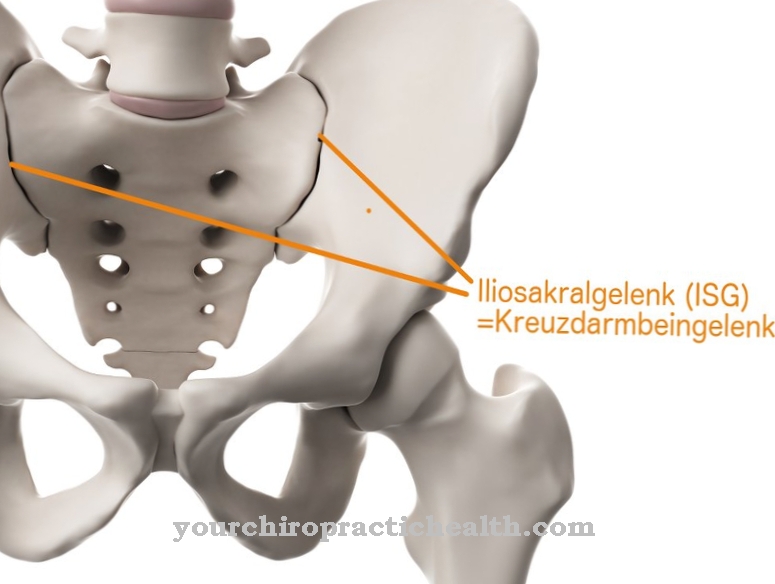
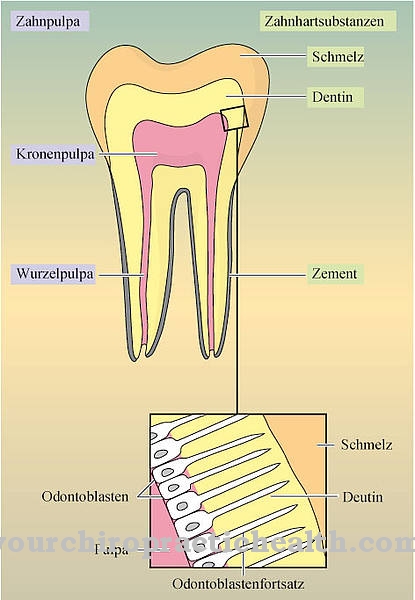
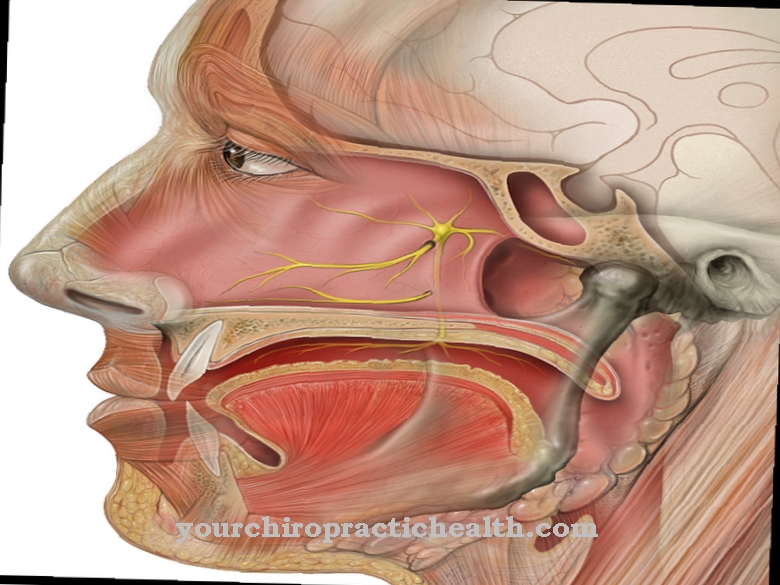
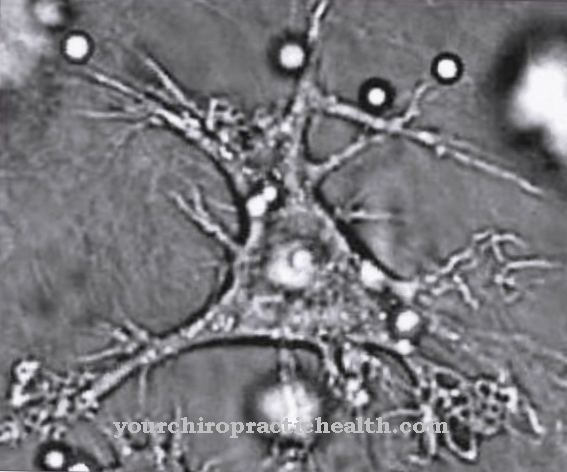
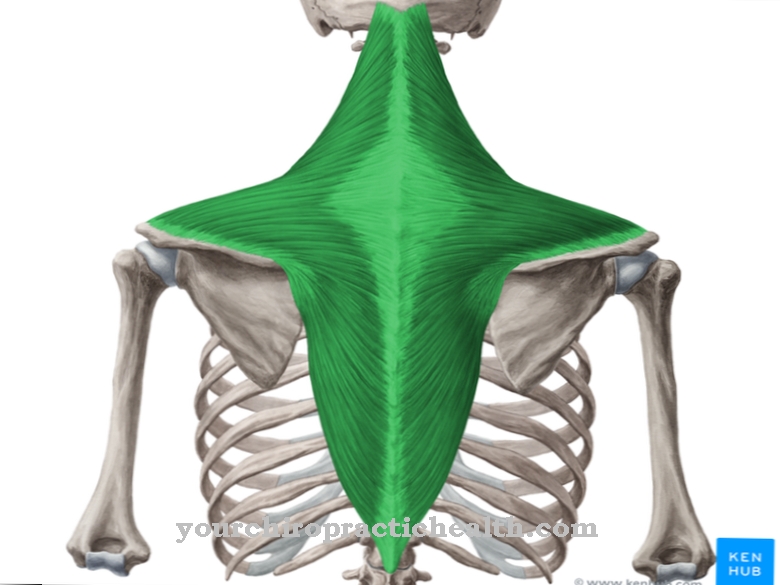
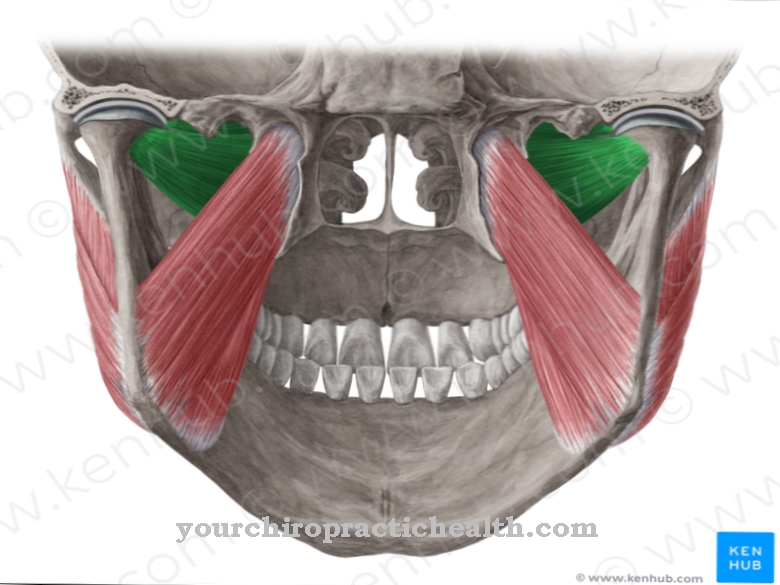






.jpg)

.jpg)
.jpg)











.jpg)